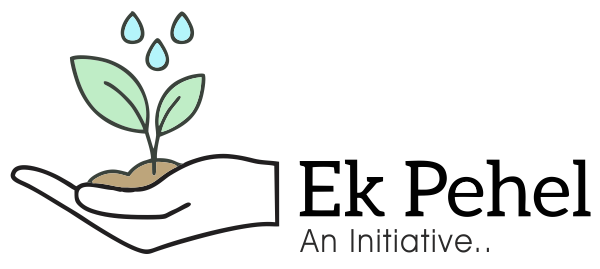
ABOUT US
Ek-Pehel is a global Thinktank led by policy experts, analysts, economists, and researchers around the world. Members of our organization are experts in their fields with significant experience in policy designing and analysis.
We at Ek-Pehel are committed to the betterment of society, which, in our opinion, could majorly be achieved by having well-designed policies in place.
Policies are significant not only for policy experts, but for all. Every individual is a part of the society which is governed by the existing policies. Despite being cardinal, there is a lack of general understanding among the people regarding most policies. We at Ek-Pehel, believe that spreading knowledge and awareness regarding the basics of such policies is key to the betterment of society. Researchers at Ek-Pehel strive to make people aware of these policies with the help of their studies.
We try to study and assess the existing policies and analyze their impact using a scientific approach, rather than based on implicit or explicit biases. We believe that there are chances of improvement everywhere. If there are any gaps/loopholes identified, then the required modifications to the policy are suggested by researchers to the relevant authorities .
IMPORTANCE OF PUBLIC POLICY
By definition, "A public policy is a rule (or set of rules) or coordinated actions put in place by a legitimate authority to take a state of affairs in the world deemed undesirable to another state of affairs deemed desirable or improved. " -Dr. Juan Rogers, Georgia Institute of Technology.
A policy may be in the form of statutes, regulations, incentives, other normative statements, or it can be in the form of a direct action, often also backed by rules that give it legitimacy. Public policies are intended to either prevent a change in a system or bring the required constructive changes. Periodic intervention is necessary to avoid the state of affairs turning into an undesirable state.
“Change is the essence of time and,
Difference is the recipe for improvement”…
Policies are designed based on scientific evidence and in a manner that helps achieve the set objectives and goals, using the best of available resources and, most importantly, keeping aside the implicit and explicit biases. At times some of these key factors are overlooked or missed. This gap introduces the space for intervention and improvement that we discussed earlier.
A well-designed policy can result in bringing significant constructive changes. These changes are in synergism if the public is informed and aware of the impact of such policies. Similarly, poorly designed and implemented policies, instead of resulting in positive changes, may have an adverse impact. Such systems need intervention, followed by amendments in the existing policies.
Ek-Pehel is a not-for-profit Think Tank & research organization with a focus on gaps and loopholes in the existing policies and processes. Our goal is to create an unbiased system that promotes awareness and understanding of such policies, and to address the identified loopholes appropriately.
